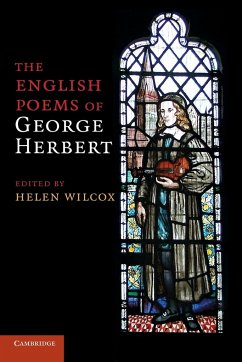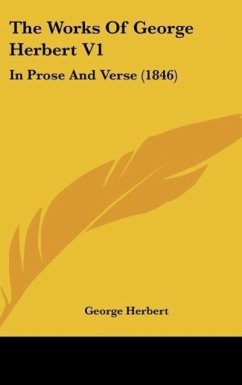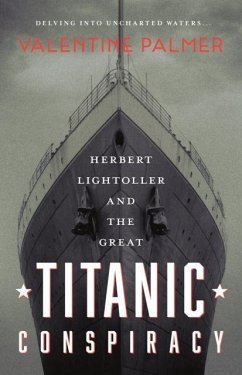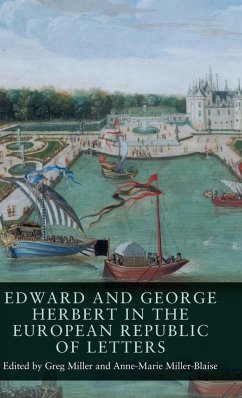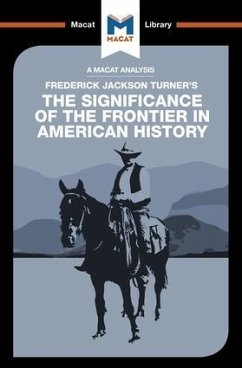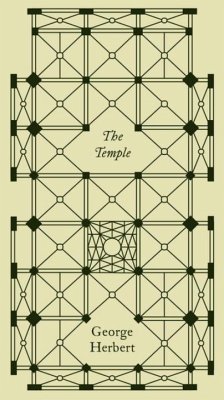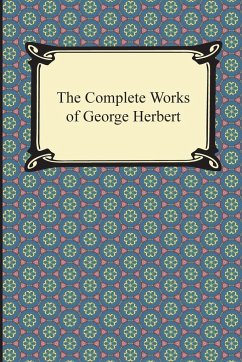
The Complete Works of George Herbert
Versandkostenfrei!
Versandfertig in 1-2 Wochen
16,99 €
inkl. MwSt.
Weitere Ausgaben:

PAYBACK Punkte
8 °P sammeln!
Welsh-born English poet, orator and Anglican priest George Herbert is one the most famous and popular of the metaphysical poets. The Poetry Foundation has described him as "a pivotal figure: enormously popular, deeply and broadly influential, and arguably the most skillful and important British devotional lyricist." All of Herbert's surviving poems are religious in nature, characterized by their directness of expression and many of which employ an intricate rhyme scheme. Included in this volume is a complete collection of his poetry and prose writings including the following works: "The Temple...
Welsh-born English poet, orator and Anglican priest George Herbert is one the most famous and popular of the metaphysical poets. The Poetry Foundation has described him as "a pivotal figure: enormously popular, deeply and broadly influential, and arguably the most skillful and important British devotional lyricist." All of Herbert's surviving poems are religious in nature, characterized by their directness of expression and many of which employ an intricate rhyme scheme. Included in this volume is a complete collection of his poetry and prose writings including the following works: "The Temple," "The Church Militant," "Jacula Prudentium," "A Priest to the Temple," "Letters of George Herbert," "The Oration of Master George Herbert," "Preface and Notes to the Divine Considerations of John Valdesso," "Notes to the Divine Considerations," and "A Treatise of Temperance and Sobriety."




